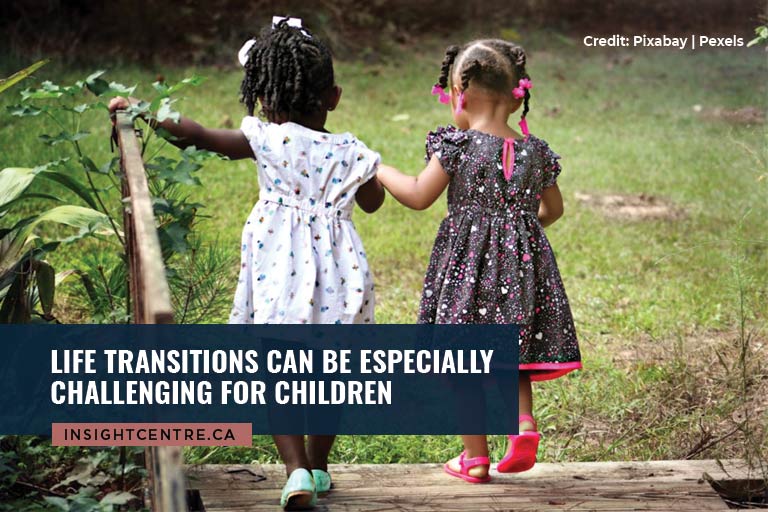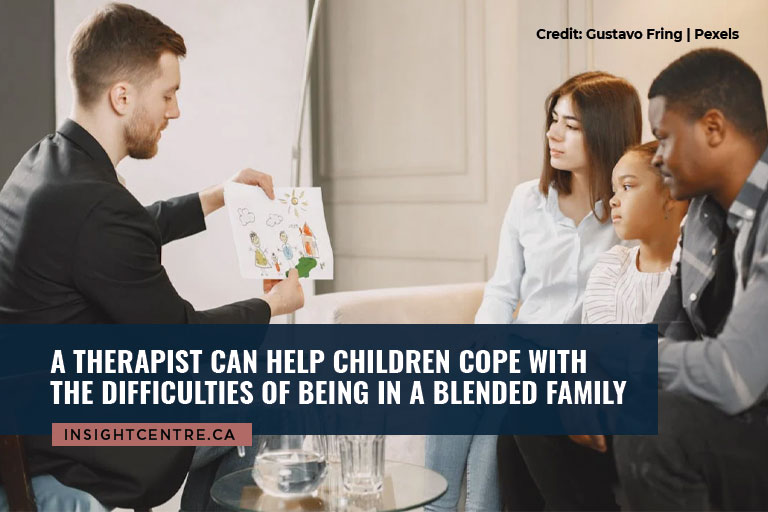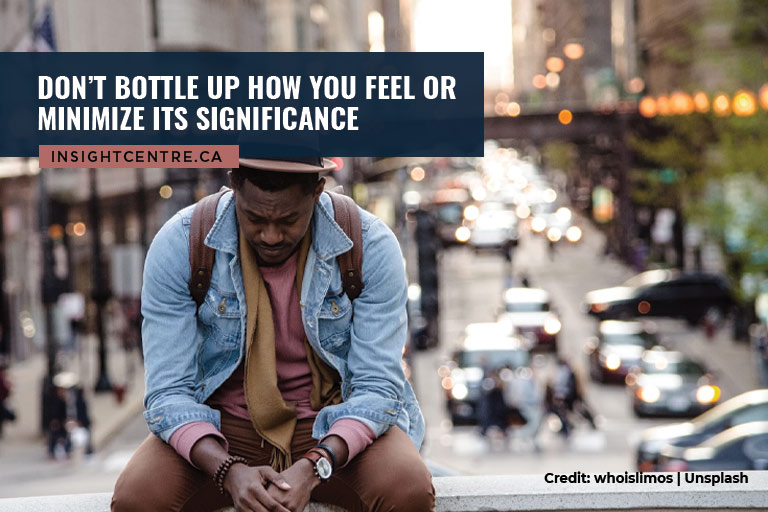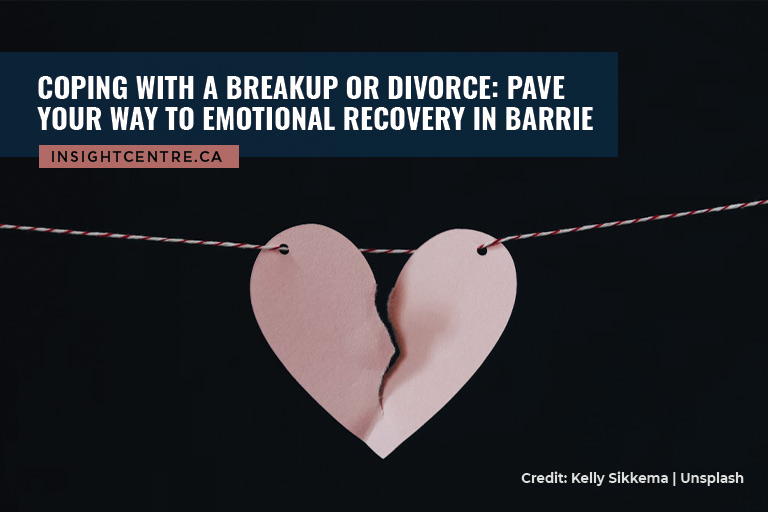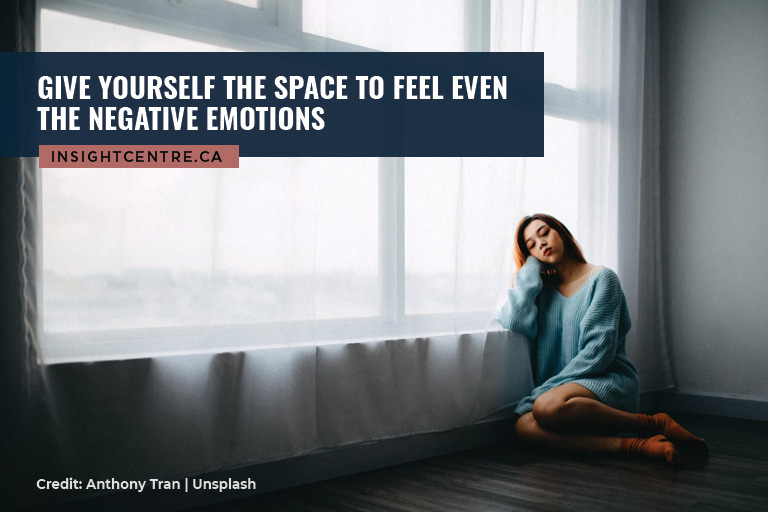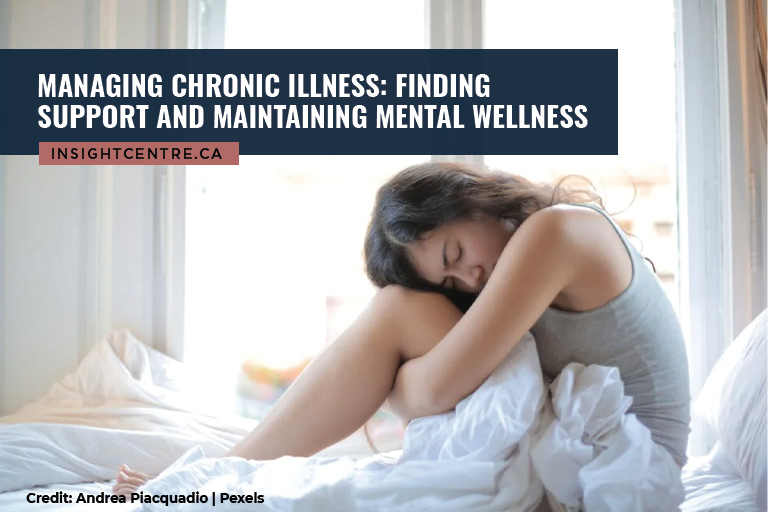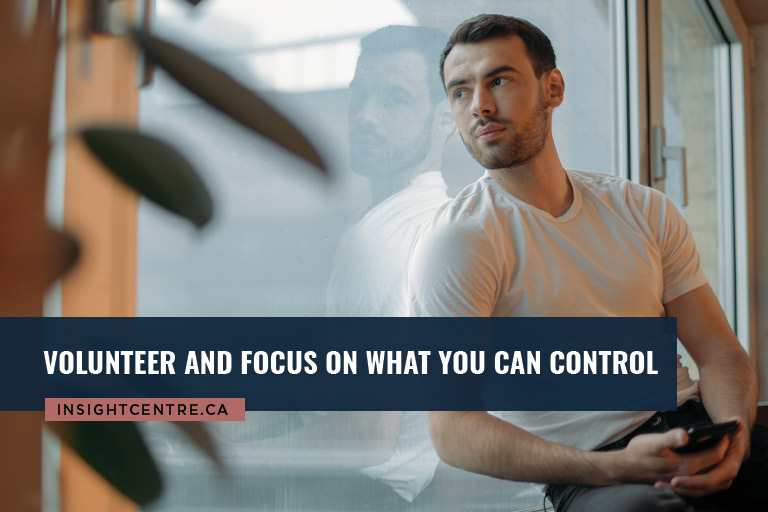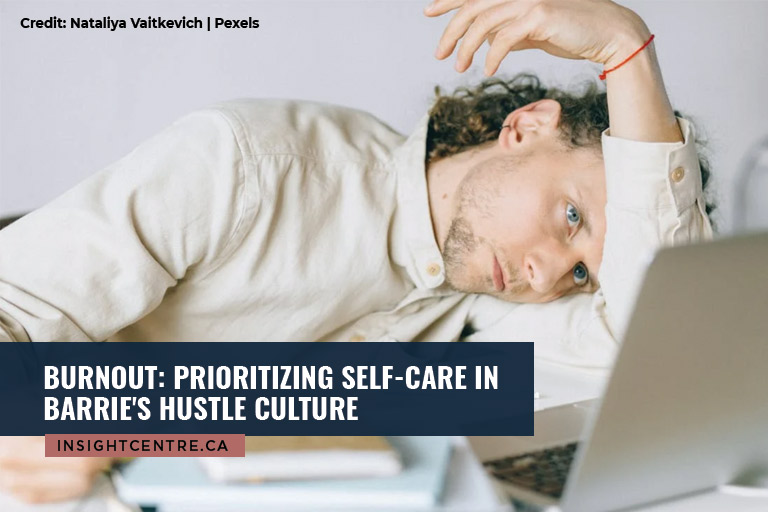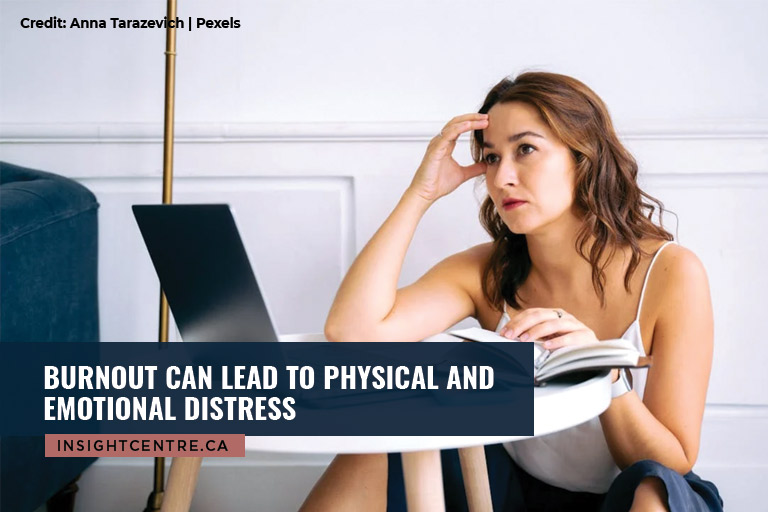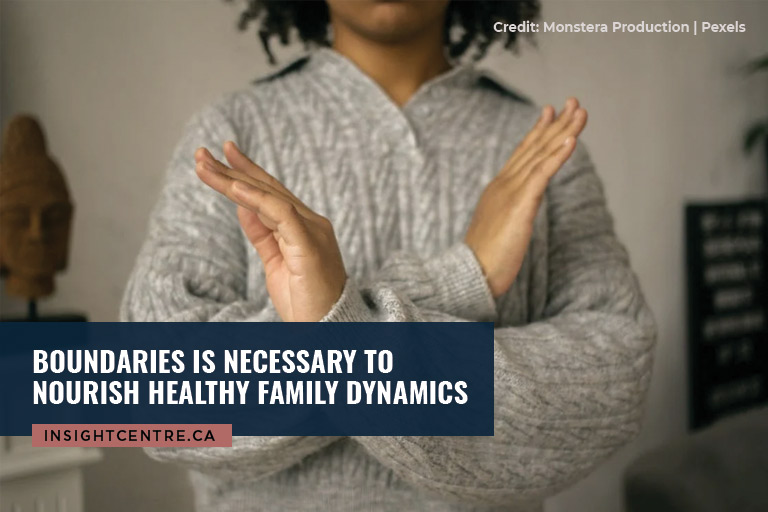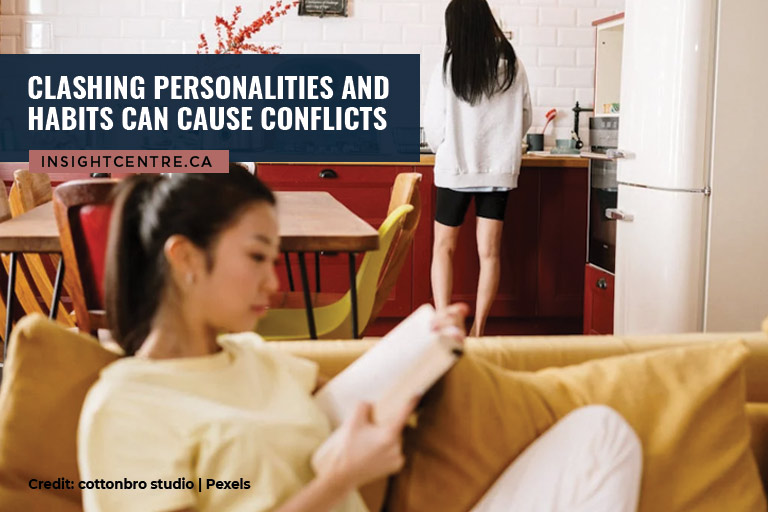Don’t Be a Barrie-cade to Progress: What to Do (and Not Do) in Couples Therapy

Let’s face it, relationships are messy. Even the strongest bonds can fray under the weight of everyday stress, communication breakdowns, and past hurts.
When these challenges become overwhelming, couples therapy is a beacon of hope, giving you a safe space to manage conflict and rebuild connection. But what if you’re hesitant? Maybe the term “couples therapy” conjures images of awkward silences and finger-pointing. Perhaps you worry about becoming the “bad guy” or dredging up old baggage. Don’t worry.
Here’s a guide to approaching couples therapy not as a hurdle, but as a bridge to a more fulfilling relationship.
Why Couples Therapy? Why Now?

Maybe you’re struggling with finances, facing the challenges of parenthood, or dealing with the stress of work. These pressures can easily bleed into your relationship, leading to arguments, emotional disconnection, or a feeling of drifting apart.
Couples therapy isn’t just for relationships in crisis. It’s a proactive approach to strengthen your bond, improve communication skills, and develop healthier conflict resolution strategies. It can help you:
Identify unhealthy patterns
Couples often get stuck in negative cycles of communication. A therapist can help you identify these patterns and develop tools to break free.
Communicate effectively
Learning to truly listen to your partner and express your needs clearly is a vital skill for any relationship. Therapy can equip you with these tools.
Rebuild trust
Has trust been broken? Therapy can provide a safe space to address these issues, rebuild trust, and move forward together.
Increase intimacy
Feeling emotionally distant? Therapy can help you rediscover the emotional connection that brought you together in the first place.
What to Expect: Busting the Myths
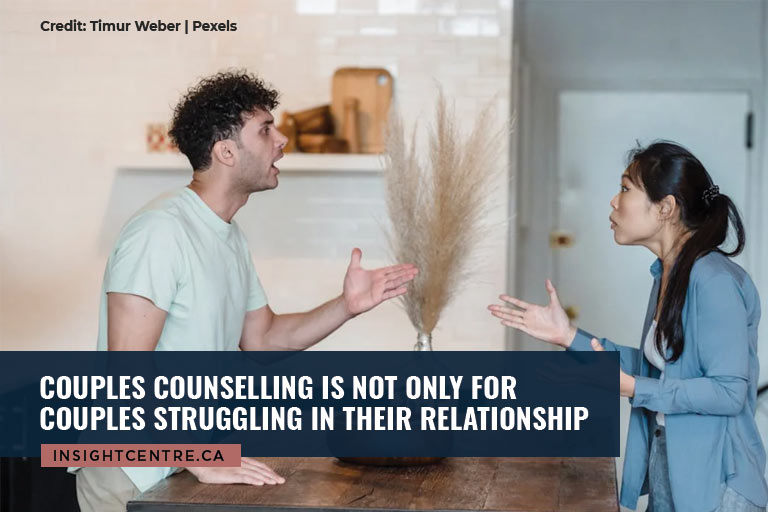
Let’s debunk some common misconceptions about couples therapy:
Myth #1: Therapy is for couples on the brink of breakup.
Therapy is beneficial for couples at all stages of a relationship, even those simply looking to enhance their connection.
Myth #2: Therapy is all about blaming each other.
A good therapist focuses on solutions, not assigning blame. They’ll help you understand your partner’s perspective and develop healthier communication patterns.
Myth #3: Therapy is awkward and uncomfortable.
While some initial discomfort is natural, a skilled therapist will create a safe and supportive environment for open communication.
What to Do in Couples Therapy
Embrace Openness and Honesty
Couples therapy thrives on open communication. Be prepared to share your thoughts and feelings honestly, even if they feel vulnerable or uncomfortable. Remember, the therapist is there to guide you through these conversations, not judge you.
Listen Actively
This doesn’t just mean waiting for your turn to speak. Truly try to understand your partner’s perspective. Pay attention to their body language, tone of voice, and the underlying emotions behind their words.
Focus on “I” Statements
Instead of accusatory statements that begin with “you,” focus on how your partner’s actions are impacting you. For example, instead of saying “You never listen to me,” try “I feel unheard when you interrupt me.” This approach fosters empathy and reduces defensiveness.
Be Willing to Compromise
No relationship thrives without compromise. Be prepared to identify your “must-haves” and “dealbreakers,” but also be open to finding common ground and solutions that work for both of you.
Celebrate Small Wins
Change takes time. Acknowledge and celebrate the small victories along the way, whether it’s a more productive conversation or simply a newfound understanding.
Do the Work Between Sessions
Couples therapy is a collaborative effort. The therapist will likely suggest exercises or communication techniques to practice at home. Be dedicated to putting in the effort between sessions to see real progress.
What Not to Do in Couples Therapy
Stonewalling
Shutting down emotionally, refusing to communicate, or withdrawing from the conversation altogether is counterproductive. It prevents the therapist from helping you work through your issues.
Blame Game
Pointing fingers and assigning blame won’t solve anything. Instead, focus on understanding the underlying causes of conflict and finding solutions together.
Mind-Reading
Don’t expect your partner to magically know how you feel. Express your needs clearly and directly.
Bringing Up Past Hurts
While past experiences can influence present dynamics, dwelling on unresolved issues from the past can derail the therapy session. Focus on addressing current challenges and building a better future together.
Being a “Yes Man/Woman”
Don’t simply agree to everything your partner says to avoid conflict. Speak your truth and be an active participant in the process.
Attending with Ultimatums
Coming to couples therapy with the intention of issuing ultimatums rarely achieves positive results. Think of this as a journey of discovery for both of you.
Couples therapy is an investment in your relationship’s future.
If you’re a couple in Barrie or the surrounding area considering couples therapy, Insight Centre Counselling & Psychotherapy can help. Our experienced therapist is dedicated to guiding you through the process, fostering open communication, and helping you build a healthier, happier relationship.
Contact Insight Centre Counselling & Psychotherapy today at +1 647-633-1928 to schedule your initial consultation. Don’t let communication breakdowns or unresolved conflicts become a barricade to your relationship’s progress. With commitment and the right guidance, you can work your way through these challenges.






